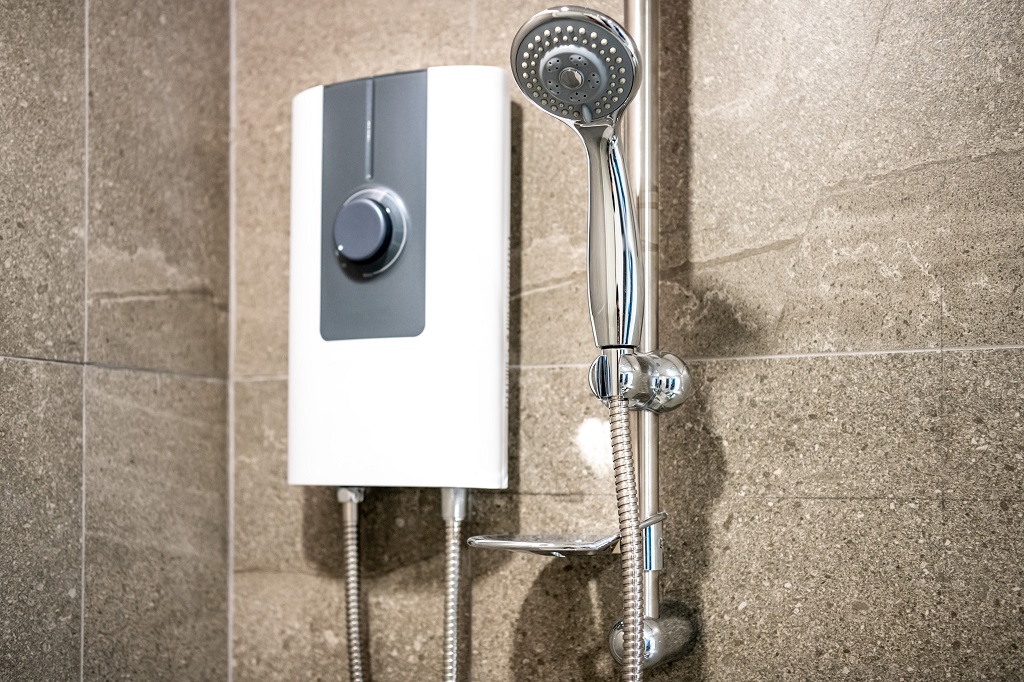
The Tankless Water Heater Lifespan: Is It Worth It?
As you read in one of our posts, there are many pros to installing a tankless water heater. Tankless water heaters provide a supply of hot water instantly, save space, and can save you in energy costs from $80 to $100 every year. To give you more reasons why you’re making an excellent investment, we want to tell you about the tankless water heater lifespan.
How Long Does a Tankless Water Heater Last?
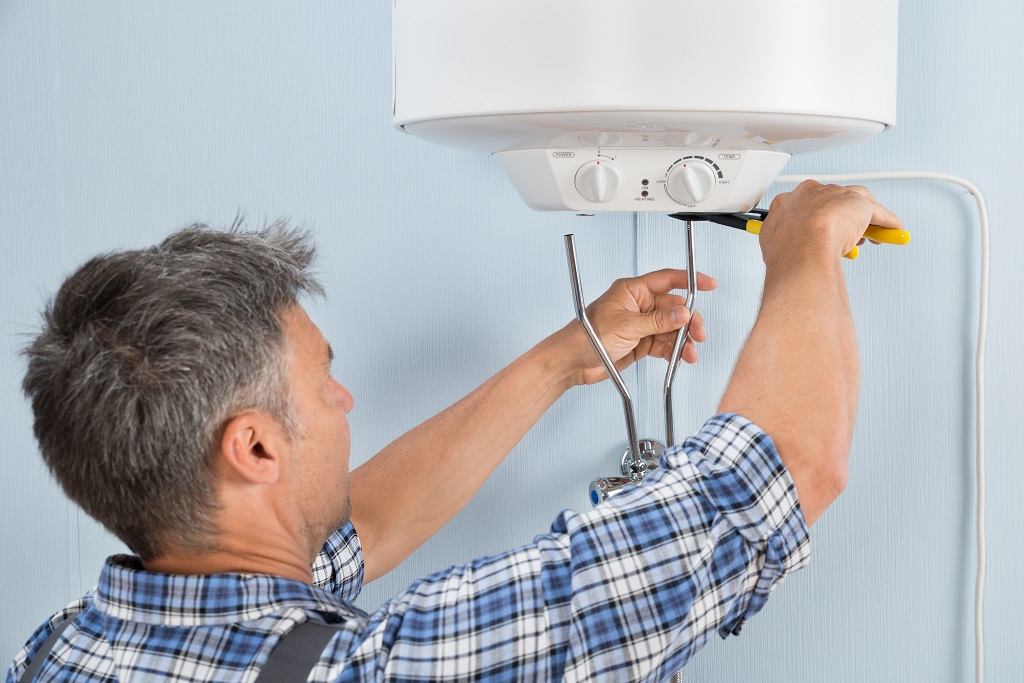
The tankless water heater lifespan is as twice as long as traditional tank heaters. Tankless units have a life expectancy (endless supply of hot water) of 20 years. Of course, a water heater’s useful life will depend on the unit’s quality and the maintenance it gets.
On the other hand, you can expect tank water heaters to last between 10 years to 12 years max.
What’s great about the life expectancy of a tankless heater is that it can save you from the need for replacement every 10 years.
The only drawback I see is that manufacturers don’t offer warranties over 10 years. But if you give proper maintenance and use your hot water heater adequately, it’ll last 20 years with no problem.
Why Is the Tankless Water Heater’s Lifespan Longer than Storage Tanks?
It’s a great question. And we’ll give you some reasons why tankless hot water heaters last more than their counterparts.
Less Corrosion
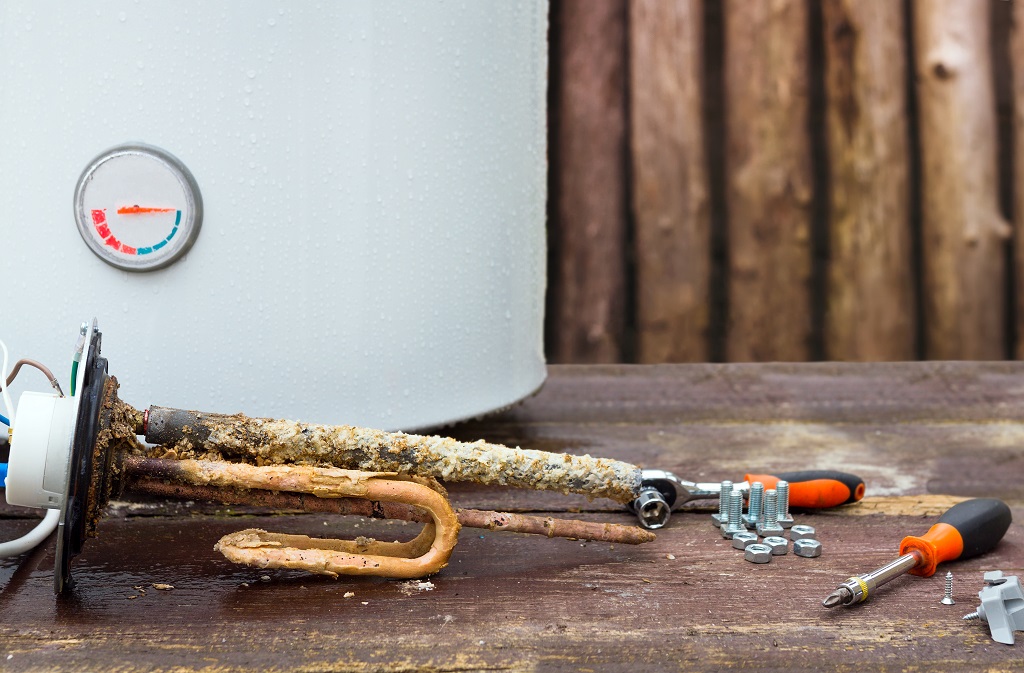
The most common water storage tanks are steel tanks. And steel is a metal that rusts when exposed to oxygen through air or water.
Can you guess what traditional tank heaters are exposed to? You guessed it! Air and water every second.
But of course, that doesn’t mean that storage tanks will all be destined to die of corrosion.
To prevent corrosion affecting the storage tank, there is one thing called “a sacrificial anode rod.” It’s a cylindrical piece of metal that sits in the bottom of your storage tank and rusts in place of your metal tank.
In other words, if you forget to replace the sacrificial rod every few years, you run the risk the storage tank corrodes.
One of the great tankless water heater pros is that they have a lower risk of corrosion.
Here’s the deal:
These heaters don’t have big tanks where water sits, which oxidizes tank shells.
Less Sediment Buildup
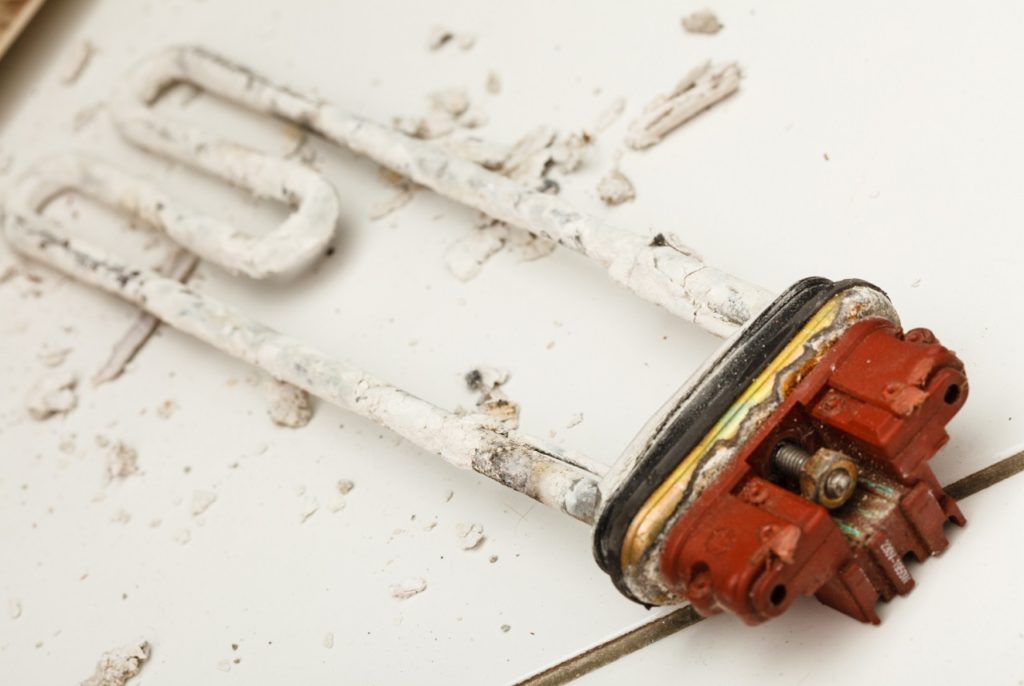
One of the reasons why the tankless water heater lifespan is longer is that they collect fewer sediments.
You know that water in a tank heater gets heated over and over again. In this process, minerals like calcium and magnesium separate. Then, these minerals sink to the tank’s bottom where they build up.
And sediments can cause several problems in your tank water heater. Subsequently, these problems will reduce the lifespan of the traditional water heater.
Some of the problems include:
- Less hot water
- Fluctuating water temperature
- Higher energy costs
Is there any way to avoid all these problems? Sure, there is a way. You’ll have to flush the water heater once every year.
Of course, flushing the storage thanks is simple, but still it’s a maintenance task that you should keep in mind.
If you forget it, you’ll run the risk to considerably reduce the lifespan of your tank heater.
But if the problems continue, you should know when to replace your water heater. This will help you save money, inconveniences and guarantee you warm showers for years to come.
Tankless Water Heaters Have Fewer Leaks
Why is the tankless water heater lifespan is twice as long as the tank heater?
What happens is that due to exposure to water, oxygen, and minerals, a steel traditional tank will corrode from the inside and over time leak.
If untreated, the leakage may destroy your property, grow mold, or even cause bodily harm like falls.
So, if you want to avoid leaks, you can choose the most durable tankless units. Another option is to install a leakage sensor to alert you whenever a leak occurs.
No Water Tank, No Risk of Explosions
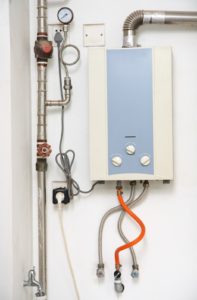
Another reason why the tankless water heater’s lifespan is longer is that there is no risk of explosion.
We aren’t saying that it’s common for tank water heaters to explode. But, it’s a possibility.
As you might know, most tank water heaters have a pressure relief valve. And when it works well, it eliminates the possibility of the tank exploding.
As we mentioned above, sediments tend to build up over time. Then, these minerals can clog up the valve. These sediments will prevent the valve from releasing pressure created through the hot water.
If this happens, the tank will hold up a dangerous amount of pressure, putting your loved ones at risk.
So, if you have a tank water heater, you have to make sure you test the pressure valve every year.
How to Extend Your Tankless Water Heater Lifespan?
Sure thing, tankless units can last up to 20 years.
But no matter the quality of an electric tankless heater, if you fail to give proper maintenance it won’t last that long.
So, we want to mention an essential tip to help extend the life expectancy of a tankless heater.
Descale Your Heater Frequently
Tankless water heaters don’t require much maintenance. Perhaps, descaling your heater is one of the few maintenance tasks you’ll have to do.
To do this task, you’ll need:
- A five-gallon bucket
- 3 or 4 gallons of food-grade vinegar
- Two ¾ inch drain hoses
- A descaling pump
1. Turn the Power Off of Your Heater
Cut the electric power to the heater. If you have a gas-powered heater, shut off the supply, too.
2. Shut Off the Water Supply Valves
After shutting off the water supply, place the bucket underneath the water heater.
3. Connect the Hoses
Connect one hose to the end of the input valve, and the other one to the pump. Then, place the pump with the connected hose into the bucket. Attach one end of the other hose to the output valve, and place the other end into the bucket.
4. Pour the Vinegar into the Bucket
Submerge the pump completely with vinegar. Now open the hot water valve on your heater. Then, you can turn the pump on for at least one hour.
When you turn off the pump before moving on, make sure that the remaining vinegar drains completely from the heater.
5. Rinse the Heater with Water
Throw away the vinegar in the bucket. Then remove the hose attached to the input water and re-enable the input valve. Turn in the cold water and make sure your bucket fills. This will rinse the water heater.
6. Reattach Your Heater and Let It Be Hot Water
Reattach your heater’s normal fixtures, and turn the tankless heater on. With this maintenance task, you’ll make sure your water heater is free of destructive sediment accumulation.
Enjoy your tankless water heater for a long time. And we hope you keep tuned because we’ll be keeping on creating useful content as this one. Take care!
